Economics
Intent and Aims
Edexcel A Level Economics has been designed to provide a focused applied qualification. The qualification will provide learners with the knowledge, understanding and skills necessary to prepare them for employment or Further Education such as Degrees/Diplomas and Apprenticeships. The course has an essential core of knowledge (assuming no previous study of Economics) and applied skills. The essential core gives learners the opportunity to gain a broad understanding and knowledge of the economic world which they can later apply to real life. The course has been developed to encourage students’ personal development of skills relevant to the business world – communication; interpersonal; motivation; determined; proactive; problem solving; negotiation; delegation; time management and leadership.
Edexcel is being delivered here at Moulton because it is accessible for all students and is cohesive within the content therefore making it easier to be delivered to learners. The course is clearly directed towards the exam assessments as all three papers are based on themes therefore learners are fully aware of how to complete effective revision adequately to ensure results are achieved. There are fewer models & theories within Edexcel compared to AQA and these models are more applicable for learners to use within the Business world.


